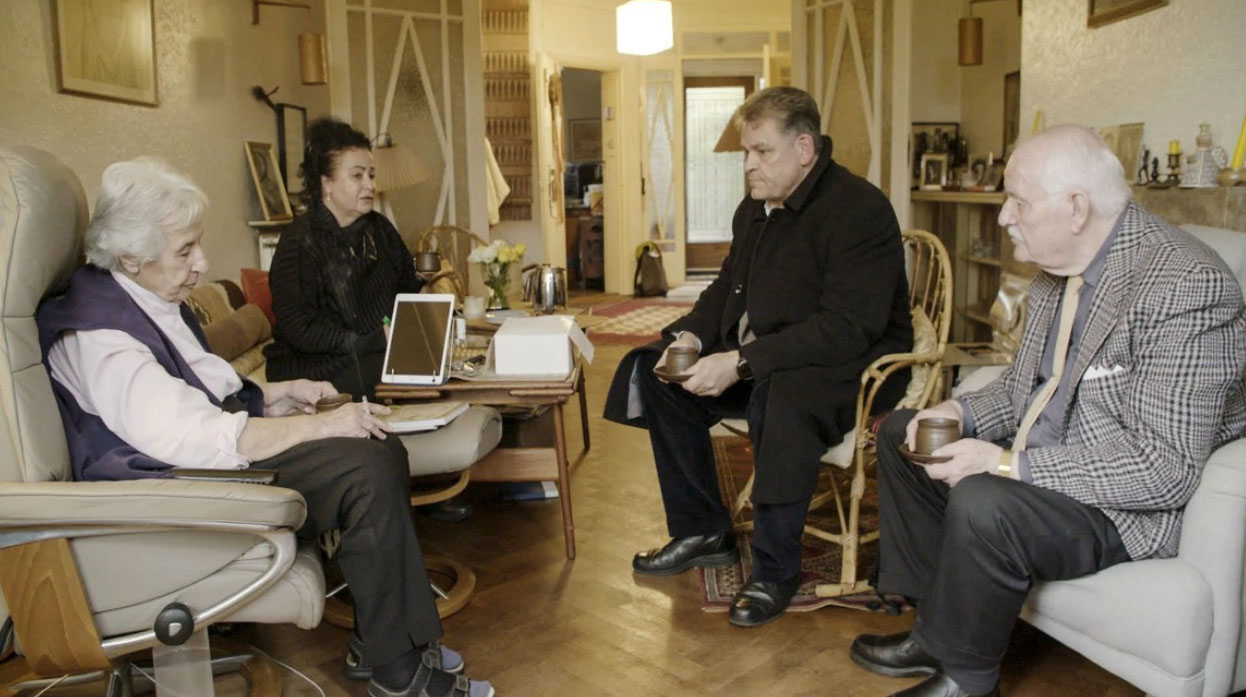A.
Commentary's Jonathan Tobin writes that President Obama “is losing up to a quarter of the Jewish votes he got in 2008”. The source for this nugget of news: a new TIPP poll. Alas, this poll says nothing of this sort. True, it provides a breakdown by religion of the voters, and true, the Jewish vote is split 59% for Obama, 35% for Romney in this poll. But as one reads poll, one can't just ignore the sample. The TIPP poll included 808 registered voters, but doesn't tell us how many Jews were included. So let's just speculate. Jews are about 2% of the population, but let's assume that the poll over-polled Jewish voters and they are 5% of the sample. This means that less than 40 Jews were interviewed for this survey. This means, well, nothing. The poll gives one no reliable data on the Jewish vote.
So why do I even bother with it?
That's because of Tobin, a writer I usually follow with interest that was blinded by the need to provide some encouraging news on the Obama-Romney front. “It is a dramatic decline from the 78 percent of the Jewish vote he got four years ago”, he writes about the 59%-35% split. Wrong twice: Obama did not get 78% (he got 74%), and he is very likely to get much more than 59%. Election season is no excuse for manipulating the facts.
B.
And here's Prof. Robert Freedman, writing about Obama and Israel:
During the current presidential election campaign, Republican nominee Mitt Romney, in a clear effort to win Jewish votes, has asserted that President Barack Obama has “thrown Israel under the bus.” Some 78 percent of American Jews voted for President Obama in 2008, and Mr. Romney is trying to cut into that margin, particularly in swing states with significant Jewish populations such as Florida, Pennsylvania and Ohio. Given the importance of Israel to the Jewish psyche, Mr. Romney is trying to demonstrate that, because of Mr. Obama's alleged lack of support for Israel, he is not worthy of the Jewish vote. But is Mr. Romney's charge accurate? In fact, on key issues of Israeli security, Mr. Obama has been the best U.S. president for Israel in history.
Freedman is right, and wrong. He is right that Obama was a great friend to Israel on many fronts, as Freedman demonstrates in his article. He is wrong to make a list of issues and then conclude that since on most of them Obama was supportive, he is good for Israel – and this is a common (mistaken) analysis of the Obama-bad-for-Israel argument.
The claim that Obama was not very good for Israel – and I'm not taking sides here, just stating the facts – is based not on the assumption that the president was bad on every Israel-related issue, but rather that he did not do anything of value to help Israel. It is based on the assumption that Obama is:
1. Instinctively not very supportive of Israel – that he “doesn't get it” – as was demonstrable in his Cairo speech some three years ago, and during the settlement-freeze crisis right after the Cairo speech.
2. That on the most important issues – namely, Iran – he makes the wrong strategic assessment.
In other words: That Obama is aiding Israel with financial support, and is defending it against UN resolutions is great. But does it compensate for not doing enough on Iran? If Obama is reelected and Iran gets the bomb, would it matter that he gave a wonderful – really, wonderful, no cynicism attempted here – speech at the UN General Assembly? If his “yes-to-diplomacy, no-to-red-lines” policy proves to be a failure, could he still be counted among “the best U.S. president[s] for Israel in history”?
C.
Alex Yudelson wrote an article for Open Zion in which he explained why he didn't like the change of the Democratic platform back to including Jerusalem as the capital:
The same dynamic has plagued these issues for years: too many Democrats blindly support Israel, allowing Republicans to gain traction by attacking those of us who urge more nuanced policy positions. Last week, Republicans said delegates like me who voted “no” on the changes hate God and Israel. That couldn’t be farther from the truth. After all, I am myself Jewish. But before supporting Israel, I support peace. The language inserted into Democratic platform does at best nothing to improve the chances for a future two-state solution to the Israeli-Palestinian conflict. And if the addition of meaningless wording that could harm the prospects for peace was disappointing, the plank’s undemocratic insertion into the platform was downright disturbing. The platform deserved the wrath it incurred.
Now tell me: how “couldn't be farther from the truth” matches “before supporting Israel, I support peace”? Yudelson can support whomever he wants to support, but having declared that supporting “peace” (whatever that means) is more important for him than supporting Israel – namely, that he'd be willing to prioritize peace over Israel – I think it is fair to say that, Jewish or no Jewish, his support for Israel is questionable.























 More news and opinions than at a Shabbat dinner, right in your inbox.
More news and opinions than at a Shabbat dinner, right in your inbox.